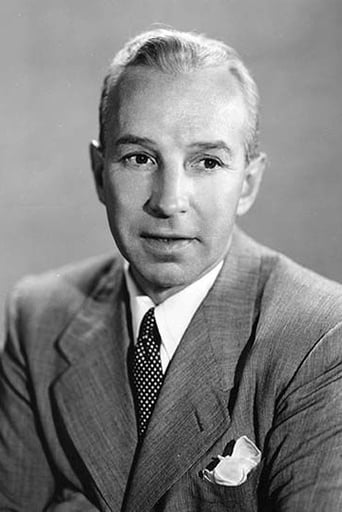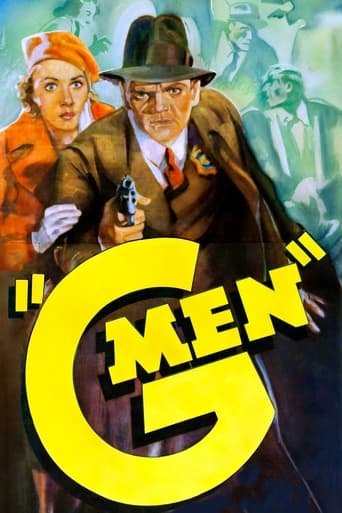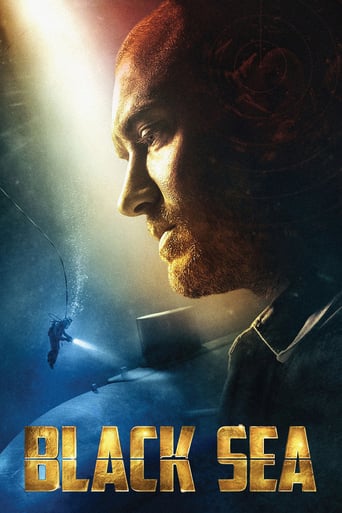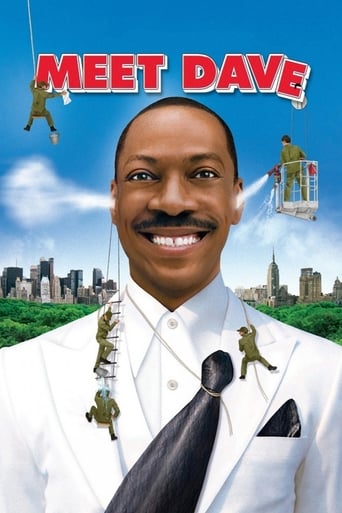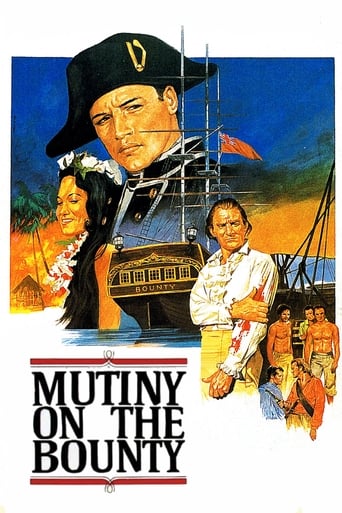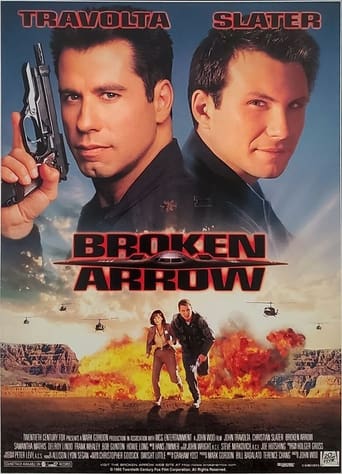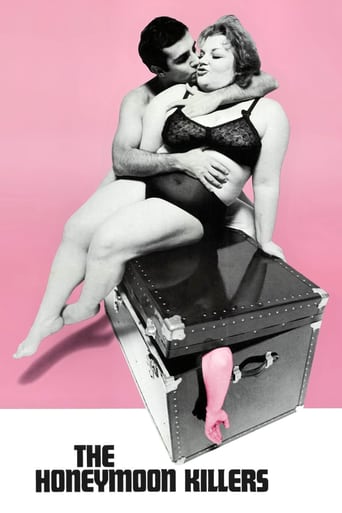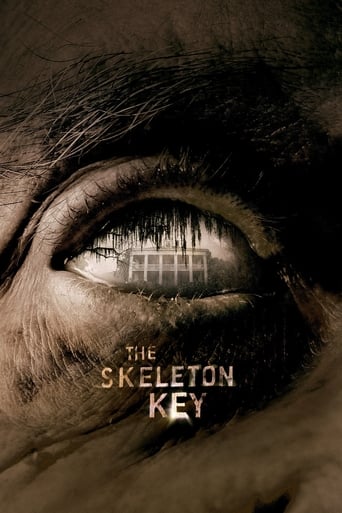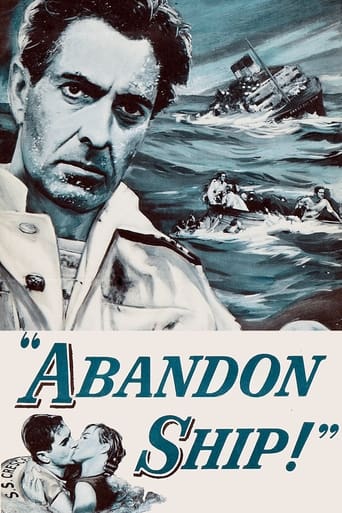
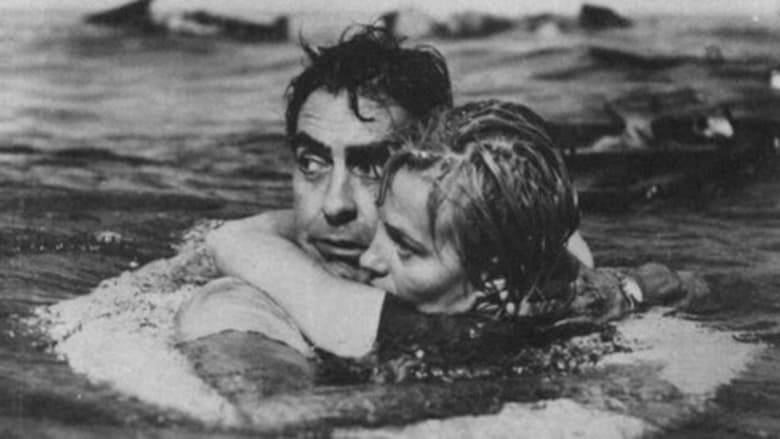
Abandon Ship (1957)
After a massive luxury liner sinks into the ocean, the ship's officer must command a rickety lifeboat, built for only nine, that is stuffed with over twenty desperate and injured passengers. As a hurricane approaches and the many wounded passengers struggle for life, difficult decisions must be made about who will remain on the boat and who must be cast to the sea in order to give others the chance to survive.
Watch Trailer
Cast


Similar titles
Reviews
Even though I thought this film lacked qualities about the true event, I do acknowledge that Tyrone Powers was an actor with an abundant of talent. His ability to capture the viewer and hold the suspense is the reason that this movie is so well enjoyed by many.The movie's, one and only, set is a small boat on the ocean. This happens as we are told a ship hits an old sea-mine and breaks the keel. Thus, making the ship sinks in minutes with few people surviving. We are not privy to see how the ship sank nor how the characters get into the water as the film begins after the sinking. The first bit of dialog starts as characters are already clinging to floating wreckage.The rest of the movie all happens in the ocean. Here, Alec Holmes (Powers), will be in charge of a small boat that has way too many people aboard. Holmes makes the decision that some have to go-- and this brings us to the plot of the story.The entire movie hinges on Power's ability to hold the audience's attention for nearly 90 minutes. Tyrone Powers accomplishes this task by giving a powerful performance. The only drawback of the movie are some of the small scenes that were overplayed for dramatic effect. It happens right at the beginning as two survivors cope with the sinking and lost of love ones. Another is when the radio operator tells that he never sent out a SOS message - and then near the end when one person wants to drown but is saved by others. Otherwise an enjoyable film to watch.
A case study in raw utilitarianism -- "the greatest good for the greatest number." A cruise ship explodes at sea and there are twenty-six survivors who find themselves in, or clinging to, a small boat with minimal provisions, designed to carry only nine passengers.No distress call was sent out and the boat is adrift in the south Atlantic, fifteen hundred miles from the nearest coast. The captain is aboard the boat but promptly dies, leaving another officer, Tyrone Power, in command.Well, Power has inherited a mess. The ship had hit a derelict mine that exploded under the keel, killing almost all the other passengers. Some of the survivors are injured or otherwise weakened by age or illness. The engineer, Lloyd Nolan, is mortally wounded. With his last breath he urges Power to get rid of the detritus and keep only the strong aboard, who might have a chance if they row for Africa. Noland dives overboard and drowns himself. Power broods and decides in the end that Nolan was right. There are too many passengers and he decides to abandon the weak.Nobody is particularly happy about this sort of Darwinism at sea, especially the weak and injured. As is usually the case, everyone wants the greatest good for the greatest number, but everyone wants to be among the greatest number, not the smaller one. At gunpoint, Power orders a half dozen injured passengers overboard to be left behind -- also one effete playwright and his French poodle. There goes the opera singer, then the nuclear physicist. For some strange reason, a beautiful and sarcastic blond who is in her underwear is kept aboard. She can probably row or at least tell funny stories.Thus lightened, the little boat manages to survive a terrific storm that night. The next day, everyone is grateful to Tyrone Power for having had the courage to dispose of some of the jetsam. A spokesman for the survivors begins to make a formal speech of gratitude to the now-wounded Power. But he's interrupted by the arrival of a freighter that rescues them. The survivors then move away from Power and sit with their backs to him. According to the epilogue, Power was charged with murder and given the minimal sentence.One of the first things a viewer might notice about the film is that it's so disjointed that it must be "based on a true story." Else why does Power first climb aboard a raft with four others, then leave them and swim to the distant boat. What became of the raft and the people on it? Why is the raft and its passengers IN the movie if it hadn't happened to be there in historic reality? Second, wow, what a lot of familiar faces are in this boat. Not just Power and Nolan, but a lot of British actors and actresses whose faces will be familiar, if not their names.Third, in certain very general ways the film resembles Hitchcock's "Lifeboat" but is far cruder in its execution. No time here for a semi-comic romance between a communist stoker and a rich socialite. This is all grim, tense, and moves inexorably towards its ambiguous and arguable end. Anyone who finds this story as involving as I do might want to watch Michael Sandel's lecture on The Queen vs. Dudley and Stevens (1884), a case of cannibalism at sea. Can I include a link here? http://www.justiceharvard.org/2011/03/episode-01/#watch And it IS a gripping story. Tossing a dignified old opera diva overboard or a fairy playwright is one thing -- but a dog? "They'll be in the hands of God," says Power, but of course it's his hands that are putting them there. There isn't much room for character or development and, as I say, the movie rushes like an express train along its moral path. There is a black crew member aboard and, though he does get to sing a "Negro spiritual," at least he's a complaining pain in the neck most of the time. Power undergoes one transformation -- from not knowing what to do, to a solemn and unbreakable determination to save most of the passengers at the expense of a few of them. If there's a problem with that transformation it's that after it takes place Power seems to ENJOY his authority over the lives of others. The guy is pitiless. But it's hard to condemn him out of hand. I don't know what I'd have done -- probably melted away under the stress. What would anyone do? I honestly recommend catching Sandel's free lecture, which is anything but intimidating.
No need to recap the much-repeated plot. I'm not sure which came first— this movie or the "Lifeboat Paradox" used as illustration in many college courses in ethics. What the lifeboat situation sets up so starkly is the clash between two prevalent theories of right and wrong. These two are worth taking a brief look at since their conflict makes up the crux of this intense melodrama. Ty Power ends up opting for a Utilitarian standard where the aim of correct conduct is to bring about the greatest good for the greatest number of people. This standard okays sacrificing some in order to save others in circumstances where all other alternatives would result in less 'good' for a fewer number of people. Under the desperate circumstances, Power is approximating that standard by sacrificing those least likely to survive in order to save those most likely to survive, while the 'good' to be maximized is individual survival. The classic objection to this theory is that it can justify sacrificing the innocent in order to bring about a 'greater good', whatever good or value that might be. Here the weak and the injured are cast adrift through no fault of their own, and it's this aspect that's so repugnant to ordinary sensibilities, such as the professor's. But, it's well to keep in mind that a Utilitarian standard is used all the time when making life-and-death decisions in wartime. So-called "collateral damage", for example, amounts to a rough utilitarian calculus applied during bombing campaigns where civilian casualties are inevitable. What's so unnerving in the movie is that unlike bombing campaigns we can put names and faces on those sacrificed, which is why Power is advised not to get too familiar with the others.This utilitarian theory conflicts with a second theory, the more conventional Egalitarian standard, which holds that all human life is of equal value. On a strict application of equality, no person should be sacrificed for the benefit of another, and when human life is held as the supreme value, some version of pacifism would appear the logical conclusion. Without viewing the film a second time, Stephen Boyd's character, I believe, comes closest to acting out a consistent Egalitarian standard since he refuses to sacrifice another without sacrificing himself. (In passing—Moira Lister's sardonic young woman appears to admire Power's strength of character simply for his strength and not for whether he's made the morally right decision. Suggesting that strength of character is in some sense more basic than right and wrong points toward the amoralism of the German philosopher Friedrich Nietzsche.)Anyway, the survivors, including Power, begin the ordeal by holding to presumably some conventional form of egalitarianism. But under the pressure of circumstance, they give in to Power's conversion to a utilitarian view of the situation. However, when rescue comes and the pressure is off, they revert back to convention, leaving Power to take the heat and deal with the law. This suggests that Power may end up being something of a martyr to their survival. After all, the law, at least as we proclaim it, reflects an egalitarian standard (everyone is equal before the law), and on that basis Power is guilty in some sense of a crime since he has valued some lives over that of others. Nonetheless, has Power done anything more blameworthy than, say, a bomber pilot who kills x-number of civilians in utilitarian pursuit of the greater good of winning the war. We pin medals on the latter, but the former, we're informed, was jailed for six months.I suspect the movie is correct in suggesting that under normal circumstances people identify with the more idealistic equality standard. But in severe conditions, we're likely drawn in a more pragmatic utilitarian direction. Nonetheless, the two really do clash at a fairly basic level. Whatever one's opinion on these matters, the film dramatizes the academic issues pretty effectively.The movie itself offers little relief from the dire predicament the survivors are in. It's pretty much 90 minutes of harrowing grimness. I can't imagine the contents made money, at the same time I think it's a tribute to the producers that the film got made at all. As sheer entertainment, the film's value may be questionable, but as a prompt for getting audiences to think about questions of right and wrong, I believe it succeeds admirably.
The film begins with an explosion that quickly sinks an ocean liner. Apparently an old WWI or WWII floating mine struck the vessel and very few people have survived. One group of survivors consists of 27 people inside as well as clinging to a dingy only meant to hold 9! Because it is totally overloaded, the passengers need to take shifts in the water--wearing life jackets and holding on to ropes. Despite this arrangement, there simply isn't enough food or water and once the weather changes the boat will no doubt capsize since it is so low in the water. Because of this, eventually the man in charge (Tyrone Power) is forced to start abandoning the weaker survivors--reasoning that SOME might survive that way. But because the parts of the weak are fleshed out in the story, it is very hard to see them cast adrift one by one--it's tough to watch and very frightful. While this does make this a good movie in some ways due to its addressing a serious moral dilemma, it's horrid to watch and not at all pleasant. It really takes an unusual person to want to see this film.Technically, this is a decent film though the explosion at the beginning of the film was super-cheesy and cheap looking. Despite good writing, direction and acting, though, this movie is NOT for most people, as it's very gritty and super-depressing throughout. Because of this I am advising any potential viewers to think twice about seeing it--even though the film is in some ways quite amazing.For a more enjoyable but certainly less realistic view of the subject, try watching Hitchcock's film, LIFEBOAT. It's very stagy and more trivial than SEVEN WAVES AWAY but at least it's not as depressing.




